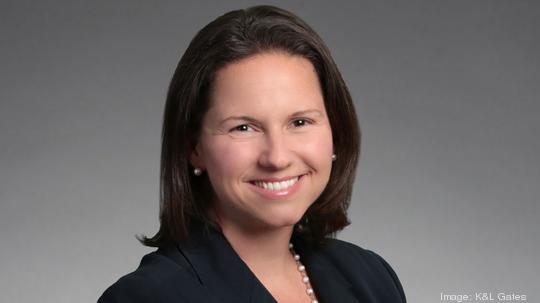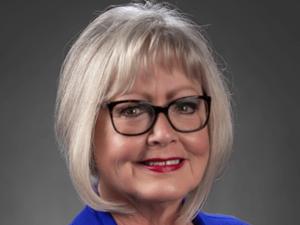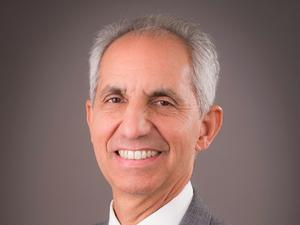
Whether in the first phases of a new startup or having already undergone multiple financing rounds, entrepreneurs should consider how the growth of their business will affect their family’s future finances and estate.
A fast-growing company may lead to exciting opportunities and experiences. It may also lead to a potentially exorbitant estate tax bill.

The estate of a young entrepreneur with a successful startup could be in a position to need access to a large cash payout for an estate tax bill – without much liquidity available from the business. The estate of a Washington resident will have an estate tax due to the state of Washington in an amount of 10 percent to 20 percent of the estate value above $2,193,000, and an estate tax due to the federal government in an amount of 40 percent of the estate value above $12,060,000.
Owners of a fast-growing business might be hesitant to dig into estate and tax planning, fearing the business won’t be successful or thinking that planning may not be warranted yet. But avoiding planning in the early phases of a startup may lead to missed planning opportunities.
Founders can take some practical steps to organize their estate plan early on to ensure their loved ones won’t be saddled with a large estate tax bill and no clear way to pay for it — especially without forcing a sale of the business to a non-family third party.
Key person insurance that pays a benefit upon a founder’s death or disability may be purchased to ensure the financial stability of a company if a critical owner dies or becomes disabled. Also, buy-sell agreements should be considered for businesses with more than one owner, often in conjunction with key person insurance, to provide a mechanism for cashing out the ownership share of an owner who dies.
A buy-sell agreement can provide the details for the purchase of a deceased owner’s share, how that share will be valued and the timing of a purchase. Key person insurance can provide the company with the liquidity needed to execute the purchase contemplated by the buy-sell agreement. Without such an agreement in place, a company or surviving owners may not have any obligation — or desire — to purchase a deceased founder’s share, leaving an estate with an illiquid asset that could compose the majority of the estate’s value.
Entrepreneurs should also ensure they have a personal estate plan in place to take advantage of the state and federal estate tax exemptions available and to ensure that any business interests are transferred to the intended recipients (subject to such trusts and other conditions the entrepreneur deems advisable).
An estate plan should include a will, and possibly a revocable trust, to ensure the transition of wealth in the proper manner to a surviving spouse, children, charities and other intended recipients. Founders should also have powers of attorney for finances and health care to appoint someone to make personal financial or health care decisions if they are unable to do so personally.
Estate planning professionals can advise founders about the family organization and tax planning opportunities, such as transferring business shares to intended heirs, possibly in a trust. Transferring ownership shares early can allow for growth in the business value to occur outside of an entrepreneur’s estate, thereby avoiding additional estate tax when the founder dies.
Transferring business interests in a trust may also allow a founder to set ground rules for how the business, and its potential future liquidity, may be used by the intended beneficiaries. Founders can also plan for ongoing management of a business that is intended to stay active after a founder’s death.
As a business grows, an estate plan, insurance coverage and buy-sell agreement provisions should be revisited. Attention to the personal consequences of owning a business is just as important as attention to the business’s structure and financing.








